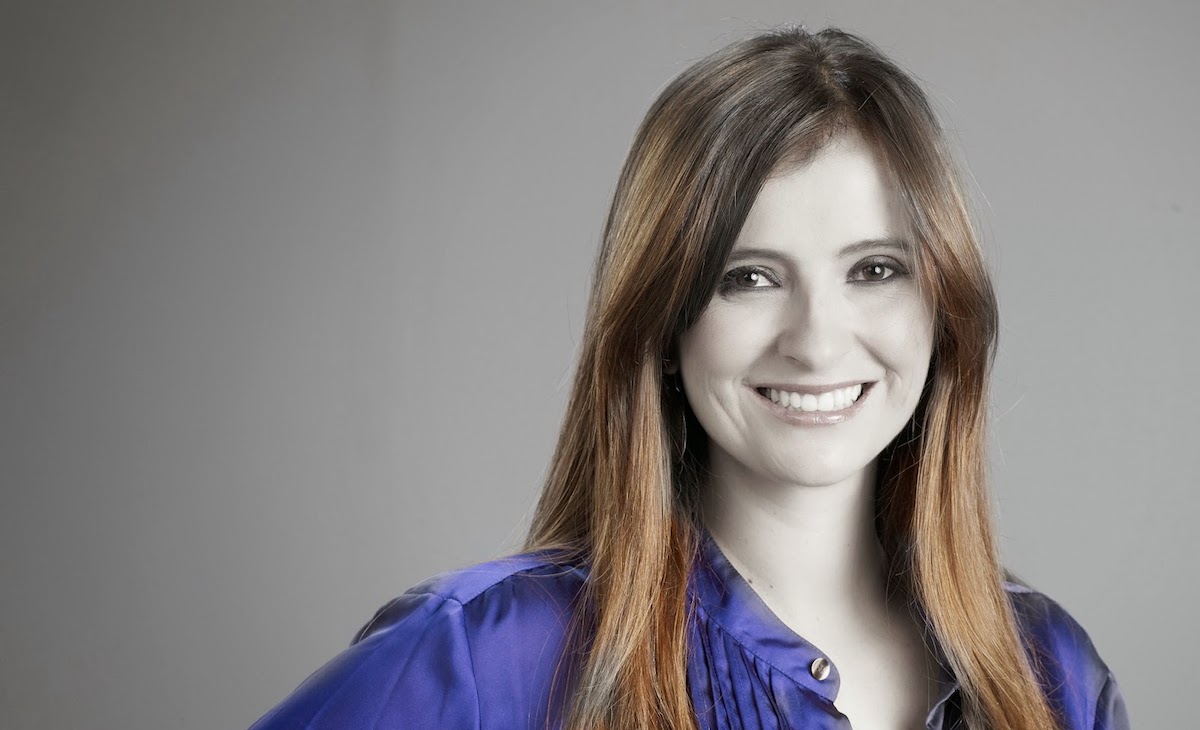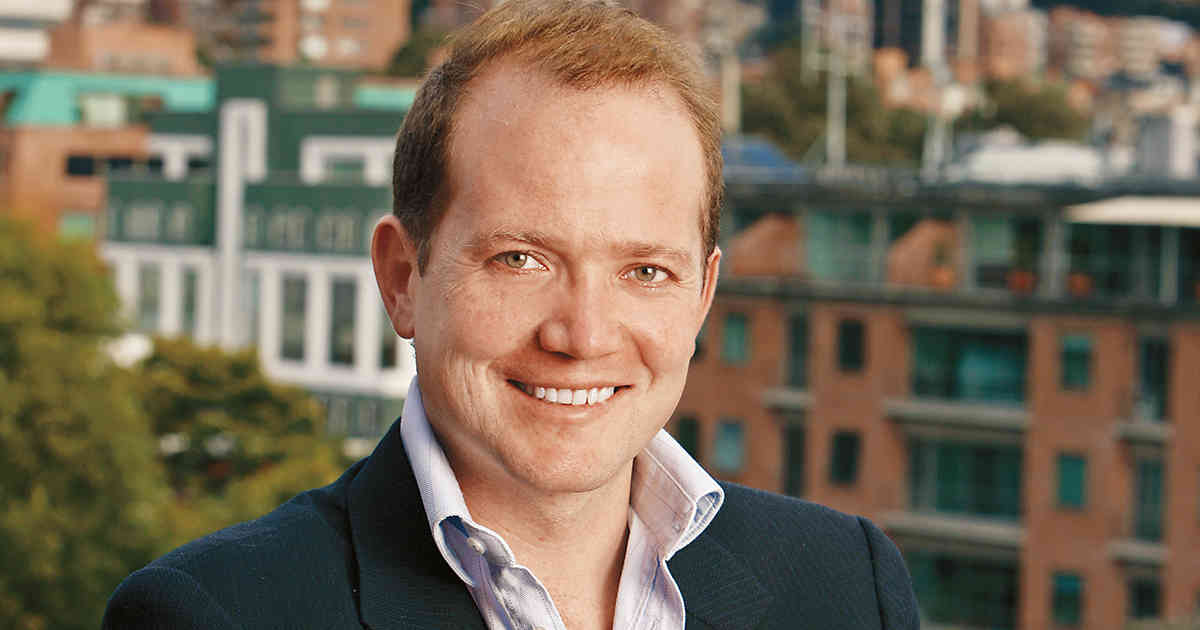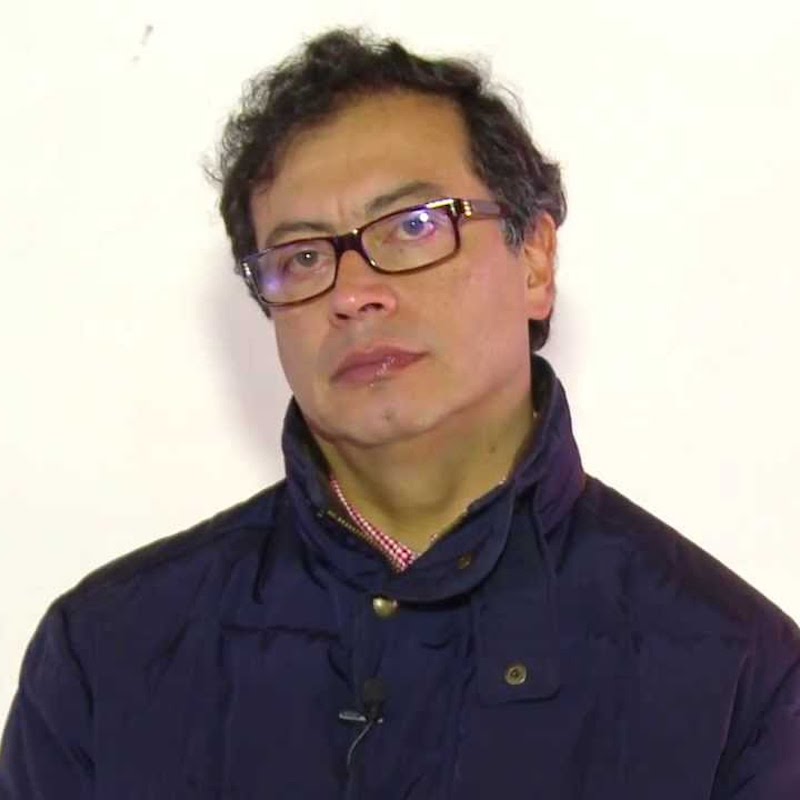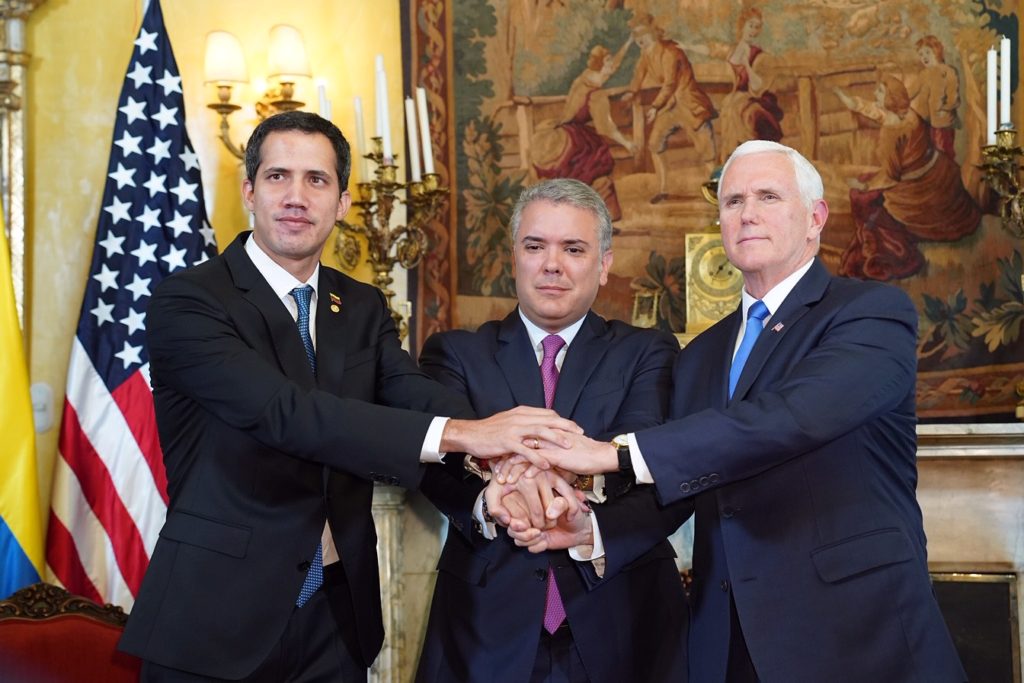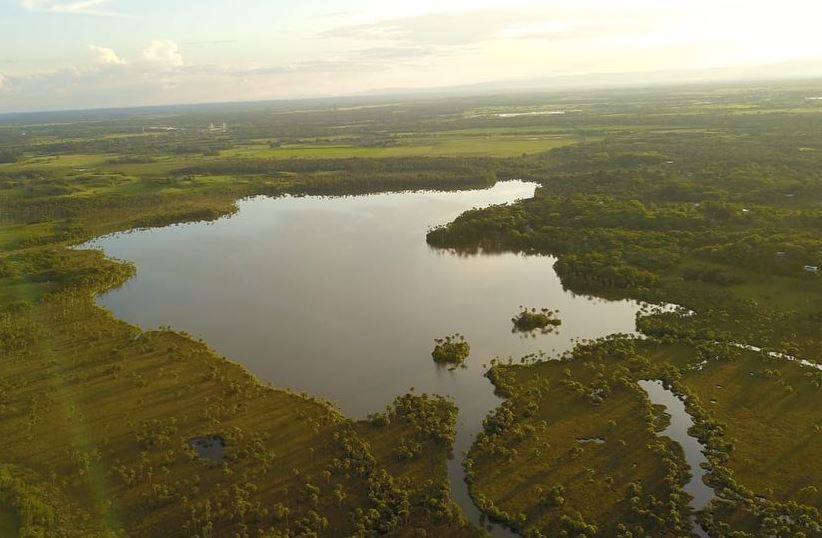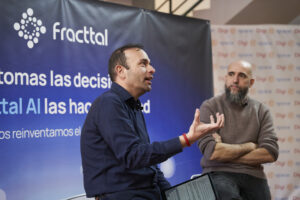Editor’s Note: As part of our political coverage of the 2018 Colombian Presidential Election, we will be publishing translated interviews for each of the candidates. This interview with Centro Democrático’s Paloma Valencia was originally published by El País. Our staff has translated the interview into English for our English-language readers. If you are fluent in Spanish, you can read the original here.
Paloma Valencia is a sitting Senator for the “Centro Democrático” party, candidate for the 2018 presidential elections, and part of the opposition to the current government of Juan Manuel Santos. That opposition is led by former Colombian Presidents Álvaro Uribe and Andrés Pastrana, was interviewed about next elections.
Q: Within a year, the country will have a new president. What will be decided in these elections?
PV: The election allow Colombian citizens to regain trust in their government, a government that will side with its citizens. Citizens will feel that the state has strong institutions which can solve citizen’s problems, a state that provides justice, safety, and equality. I feel that, right now, the trust in these institutions has been lost.
Q: Are indignation and pessimism intermingled towards the political class in general? What is your interpretation?
PV: I think that this government has made several institutionally-costly mistakes for the country. Colombians don’t understand why the resources are being spent on terrorists, and not on solving the country’s problems.
Q: Then, what would you do with the peace agreements?
PV: I would say that there are things that can be rescued from the process of peace, such as the disarmament and demobilization of terrorist and drug trafficking groups such as the FARC. There are some things that will need to be reconfigured in terms of justice, because it is not acceptable that crimes against humanity are unpunished and rewarded with representation in Congress, representation that they receive without any votes. However, in political terms, I see that the Colombians are not willing to accept the privileges and benefits that are being given to terrorists, in detriment to their rights. Some sectors of the population ask themselves, “Why is the government giving homes to terrorists and not to us?”, “Why does Timochenko have medical care and we don’t?”. This will become unsustainable in the short term.
Q: Who is it that rejects this process?
PV: This is a negotiation made from Bogotá by Bogotá and is being handled, most of all, by a capital that has not recognized the feelings of the Colombian periphery. Those citizens feel much more represented by Ex-President Uribe. It is clear that we Colombians want peace. But peace is very different from rewarding crime.
Q: Despite the process of peace, are there any latent issues with security?
PV: Yes, a lot. Because the problem with us Colombians is not that we could be killed for political reasons. It is that we could be killed, for any reason. The big problem is that the Colombian people can’t understand why their torturers are being rewarded. These contradictions are generating a very dangerous atmosphere because many criminal organizations such as “El Clan del Golfo” are saying, “we will become a political organization in order to receive the same treatment”. And the National Liberation Army, an organization composed of 700 men when the FARC negotiations started, practically disintegrated. What have they done and where have they gone? They have grown their illegal businesses, they have increased their strength and attacked the police officers and police stations. Again, the same path as the FARC, with the hope that they would obtain the same as the FARC, or even more. The danger for Colombia is that violence could be “recycled”.
Q: Colombians are outraged by the corruption, starting with the Odebrecht case.
PV: This is totally justified. I think that the Colombian political class has had greater deterioration than the usual. The political class had been accustomed to depend on the government. This feeling of unsafety and misrepresentation from the politic class aggravates corruption. Besides the fact that they are stealing from people, they are also not helping with anything. This institutional crisis will be very hard to repair.
Q: Do you have a plan to confront the economic crisis?
PV: We will reduce the government budget in order to free resources to invest in required infrastructure, to generate development and equal opportunities. The tax scheme should also be reformed in order to ease the financial burden that this represents to industry. Also, a solid agrarian reform will also be implemented if Colombia is to become an agrarian power.
Q: You gave birth in January, and months later, you decided to take this step.
PV: I have said that I am a pre-candidate. I had the great honor that President Uribe and many Uribist friends invited me to join them in this process. I want to be president of Colombia. But today, it doesn’t matter who is leading our country, but that good ideas lead our country.
Q: And in this process, how important is Uribe?
PV: I think that president Uribe is critical because, in the middle of this crisis, his recognition has allowed popular opinion, the feelings of many Colombians, and what he represented in the history of this country, to manifest. And the fact that he won the referendum when faced with such adverse conditions, also makes evident that the political opposition is capable of beating the system.
Q: Do you feel as though you are his favorite?
PV: I don’t feel like Uribe’s favorite, because he is very respectful of the process and I feel fortunate to work with him. Uribe has unfairly gained the reputation of being an authoritarian, bossy control freak, but he is actually the opposite. I haven’t met a more generous politician than him, and I am grateful to be side by side with a man like him.

